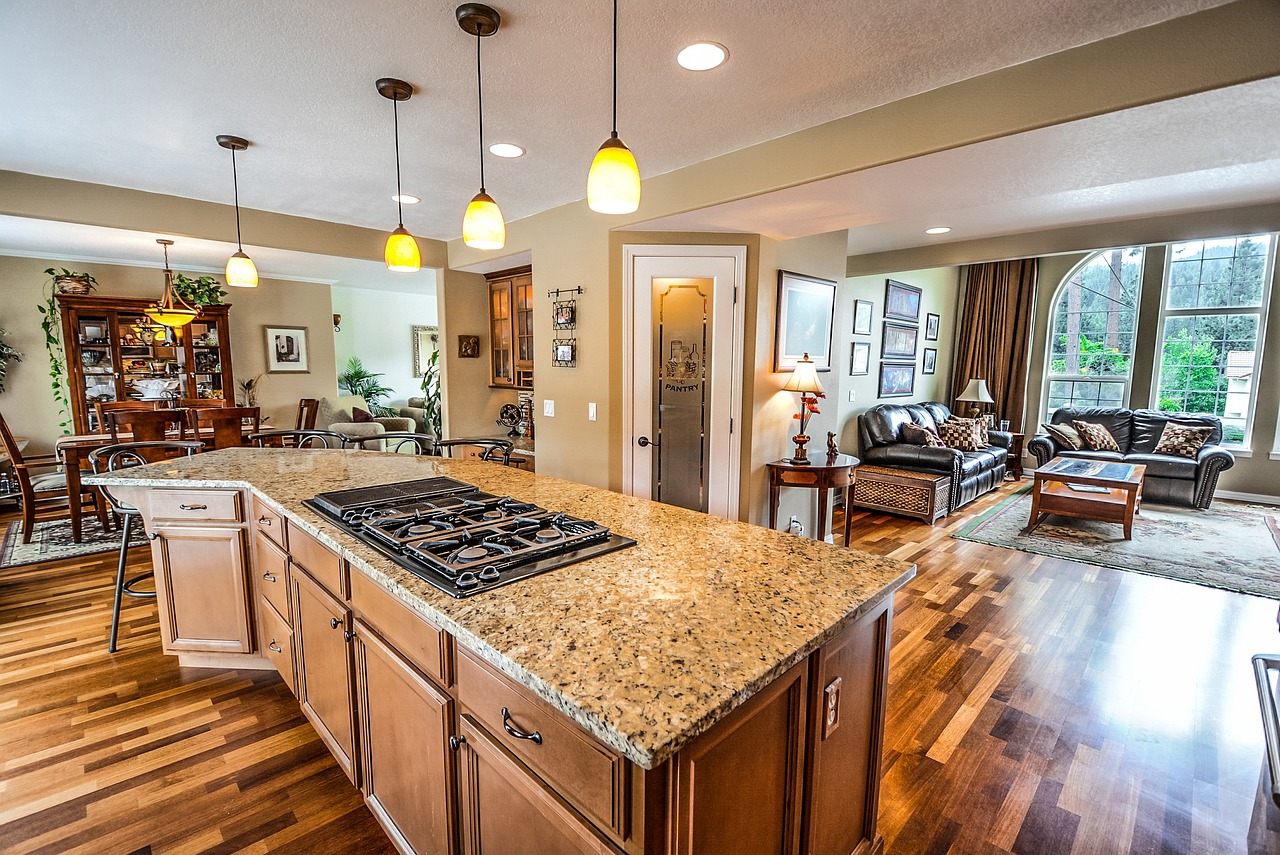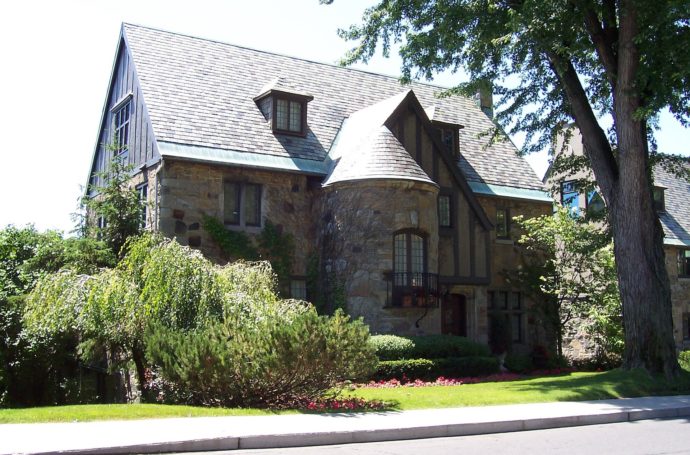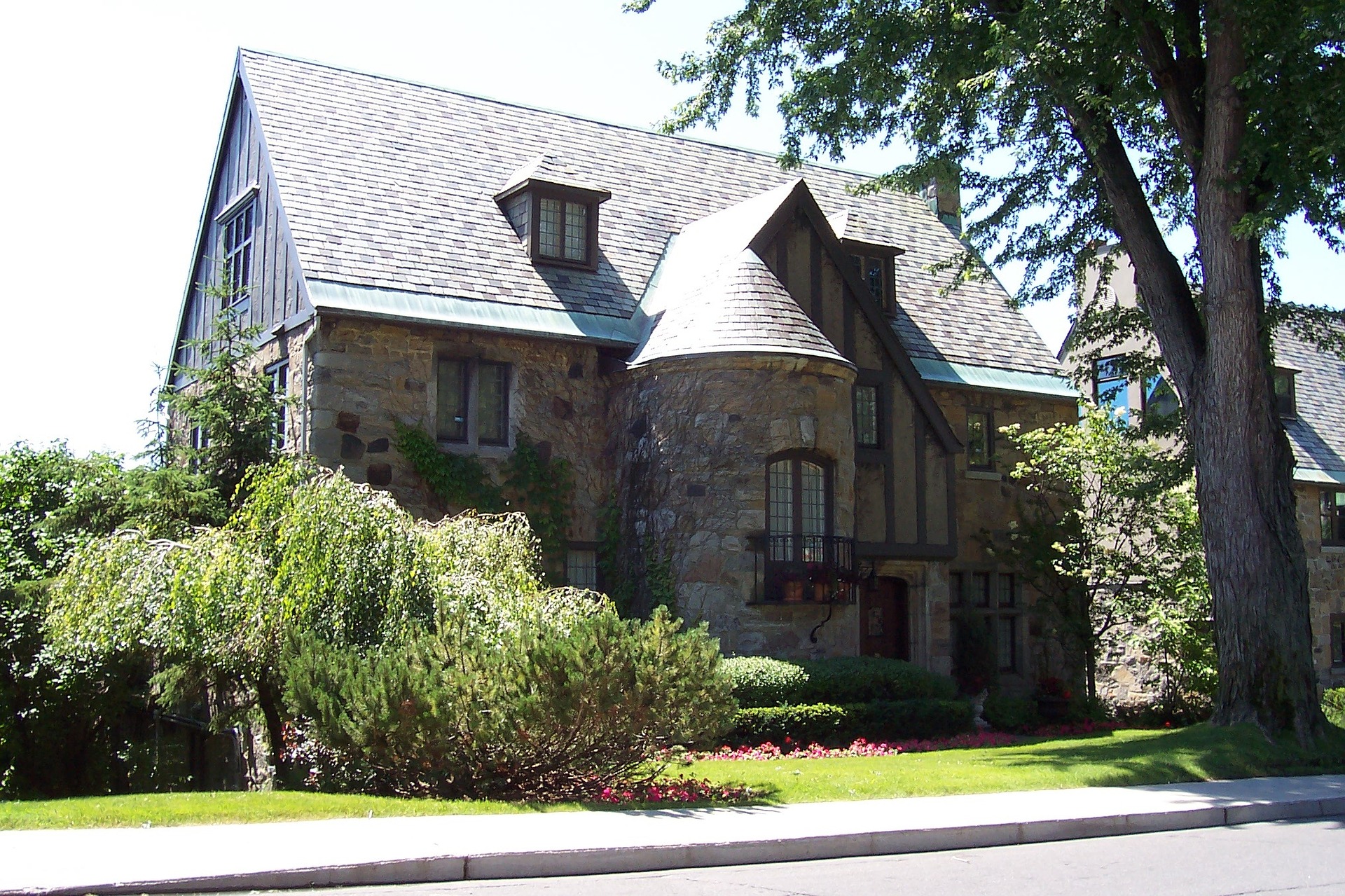
If you’re considering making the switch to an open-plan living arrangement, you’re certainly not alone. More and more people – particularly millennials – are eschewing traditional homes in favour of open-plan layouts that emphasise community and collaboration.
Here are just a few of the reasons why people are opting for open-plan living (often with the help of GIA Custom Design & Construction).
1. More Natural Light
In traditional homes, rooms are typically divided by solid walls that block out natural light. This can create a dark, dreary environment that doesn’t exactly promote positive energy or good vibes. Open-plan living arrangements, on the other hand, allow natural light to flow freely throughout the space, creating a bright and airy atmosphere.
2. Greater Sense of Community
In traditional homes, each room is isolated from the others, which can make it difficult to connect with family and friends. Open-plan living arrangements encourage togetherness and provide ample opportunity for social interaction. Whether you’re cooking dinner in the kitchen or relaxing in the living room, you’ll always be within earshot of your loved ones.
3. More Flexibility
Open-plan living arrangements are incredibly versatile and can be easily adapted to changing needs and preferences. For example, if you want to change up the furniture layout, it’s a simple matter of moving things around until you find a configuration that works for you. Traditional homes, on the other hand, are much more rigid and inflexible. Want to knock down a wall? You’re probably going to need a professional (and a permit).
4. Improved Acoustics
In traditional homes, each room has its own distinct acoustics that can make it difficult to carry on a conversation from one room to the next. Open-plan living arrangements eliminate this problem by providing a single, consistent acoustic environment throughout the space. This makes it easy to hold conversations without having to shout or use hand gestures – even when you’re across the room from each other.
5. Increased Opportunities for Entertainment
Open-plan living areas provide plenty of space for entertainment activities like watching movies, playing games, and hosting parties. And since they include multiple seating areas, there’s no need to crowd around one small television or sacrifice comfort for people who want to sit on the floor. Traditional homes, on the other hand, often have smaller rooms that can make it difficult to accommodate large groups of people comfortably.
6. Improved Airflow
Another benefit of open-plan living is improved airflow. This is because there are fewer walls blocking the flow of air. This can be especially beneficial in the summer months when it’s hot outside and you want to keep your home cool.
7. A Sense of Spaciousness
Open-plan living also creates a sense of spaciousness, because there are fewer walls dividing up the space. This can make your home feel more inviting and welcoming.
8. Easier to Keep Clean
Last but not least, open-plan living is easier to keep clean because there are fewer nooks and crannies for dust and dirt to accumulate in. This means that you’ll spend less time cleaning and more time enjoying your home.
Open plan = better
Open-plan living is becoming increasingly popular among millennials who appreciate its many benefits over traditional home designs. From improved acoustics and increased flexibility to greater sense of community and more natural light, there are plenty of reasons why open-plan living is better – just take a look for yourself!






 Suddenly you need to move to a
Suddenly you need to move to a 



